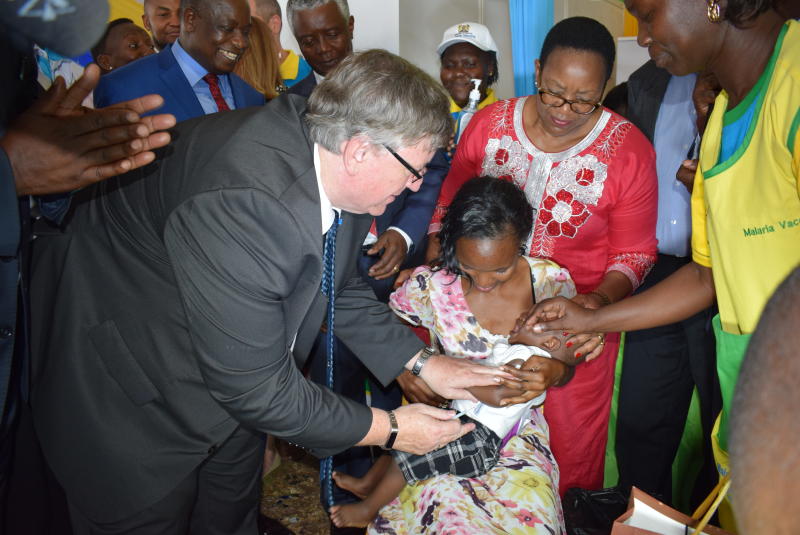
In the midst of the tragedy and turmoil caused by the Covid-19 pandemic, it’s gratifying to see work continuing in Africa to find new ways of fighting malaria; a very old disease that has been a formidable foe for thousands of years and still kills 400,000 people every year, most of them African children.
Scientists from the London School of Hygiene and Tropical Medicine and their colleagues at the Institut de Recherche en Sciences de la Santé in Burkina Faso and the University of Bamako in Mali published results from a phase 3 trial that involved the world’s first and only malaria vaccine.